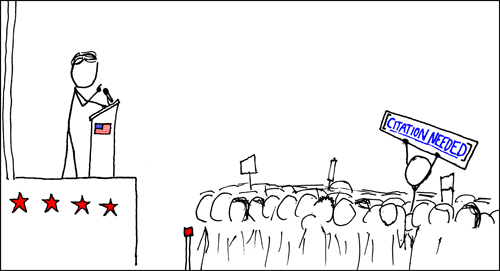- Joined
- May 8, 2009
- Messages
- 9
- Reaction score
- 0
Hi Everyone,
I'm having a little bit of a dilemma. In undergrad I double majored in neuroscience and psychology. I've been working in neurobiology labs since then (almost three years). I've recently realized that I'm really much more interested in cognitive neuroscience rather than neurobiology. So, I applied to a few PhD programs this past year and didn't get in (I did it really last minute and definitely didn't apply to enough programs). Since my GPA could use a little help and I need some more background in cog neuro/ cog psych I applied to a couple masters programs and got into them. Now, I'm trying to figure out my eventual plans for a PhD so I can tailor my masters to that as much as I can. I'm definitely a people person and like to have a lot of interaction with people in my work and I've considered neuropsychology, but from what I can tell neuropsychologists spend most of their time doing assessments and I'm wondering if that will be stimulating enough for me. I also don't think my GPA will be competitive enough for clinical programs. I also am hesitant because I'm not interested in most aspects of clinical psych - just neuropsych - but I'll have to take all those classes anyway on my way to my specialization.
But...academia is really hard. And I'm worried about not having a stable job/career if I go into research. I'm really genuinely interested in the brain and how it works but I'm not sure I'll get to work with people in a way that will make me happy (although I plan on doing research that involves people as subjects...will get a lot of interaction that way). Anyone have any insights?
By the way, undergrad GPA 3.1 (with upward trend), GRE 158 verbal, 154 quant, 4.5 writing, 2 publications, 3 posters all in neurobiology.
I'm having a little bit of a dilemma. In undergrad I double majored in neuroscience and psychology. I've been working in neurobiology labs since then (almost three years). I've recently realized that I'm really much more interested in cognitive neuroscience rather than neurobiology. So, I applied to a few PhD programs this past year and didn't get in (I did it really last minute and definitely didn't apply to enough programs). Since my GPA could use a little help and I need some more background in cog neuro/ cog psych I applied to a couple masters programs and got into them. Now, I'm trying to figure out my eventual plans for a PhD so I can tailor my masters to that as much as I can. I'm definitely a people person and like to have a lot of interaction with people in my work and I've considered neuropsychology, but from what I can tell neuropsychologists spend most of their time doing assessments and I'm wondering if that will be stimulating enough for me. I also don't think my GPA will be competitive enough for clinical programs. I also am hesitant because I'm not interested in most aspects of clinical psych - just neuropsych - but I'll have to take all those classes anyway on my way to my specialization.
But...academia is really hard. And I'm worried about not having a stable job/career if I go into research. I'm really genuinely interested in the brain and how it works but I'm not sure I'll get to work with people in a way that will make me happy (although I plan on doing research that involves people as subjects...will get a lot of interaction that way). Anyone have any insights?
By the way, undergrad GPA 3.1 (with upward trend), GRE 158 verbal, 154 quant, 4.5 writing, 2 publications, 3 posters all in neurobiology.

